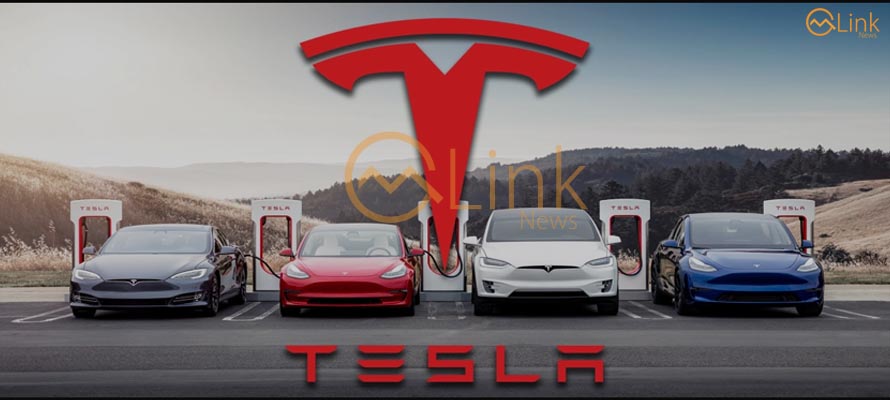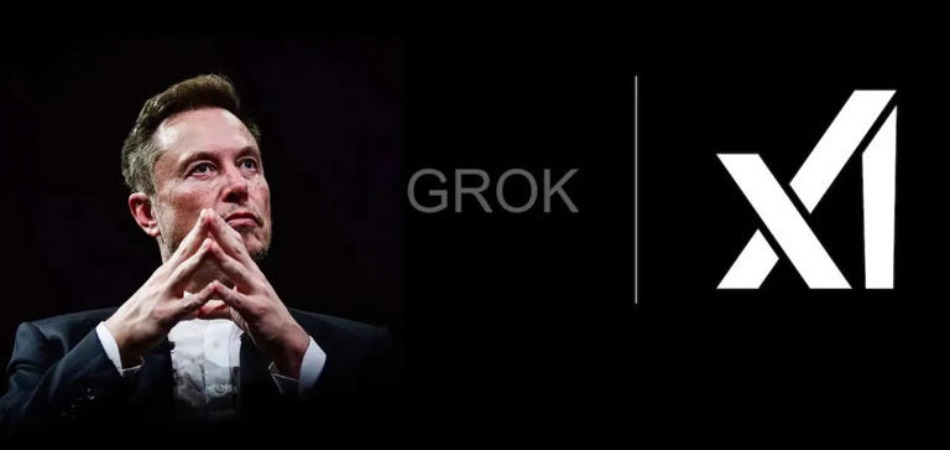Panasonic Energy aims to cut China reliance for U.S. EV batteries

MG News | January 07, 2025 at 01:54 PM GMT+05:00
January 07, 2025 (MLN): Tesla supplier Panasonic Energy plans to reduce its supply-chain reliance on China for U.S.-made electric vehicle batteries, with a senior executive calling this shift its "No.1 objective," as Reuters reported.
The comments from Allan Swan, President of Panasonic Energy of North America, highlight how incoming President Donald Trump's pledge to raise tariff imports on Chinese goods has forced companies around the world to reassess their manufacturing processes.
Panasonic Energy, which supplies batteries to Tesla as well as other automakers, is a unit of Japanese electronics giant Panasonic.
Trump has vowed to impose tariffs of 10% on global imports into the U.S. along with a 60% tariff on Chinese goods.
In November, he specifically pledged a 25% tariff on imports from Canada and Mexico when he takes office on Jan. 20.
The first thing the business must do regarding Trump tariffs is "not to have the supply chain dedicated from China," Swan told Reuters in an interview in Las Vegas on Monday at the CES trade show.
"We do have some Chinese supply, but we don't have a lot," he said.
"And we have plans not to have some, as we go forward, and that has accelerated."
The bulk of Panasonic Energy's U.S.-made batteries come from overseas suppliers, including ones from Canada, Swan added.
Reuters last month reported that Trump's transition team recommended tariffs on battery materials globally.
The Washington Post on Monday reported his aides were exploring narrower tariff plans covering critical imports, which Trump later denied.
In the United States, Panasonic Energy operates a factory in Nevada and plans to open a second U.S. plant in Kansas this year.
Japanese firms are bracing for the uncertainties around the second Trump presidency, especially in his trade policies.
Automakers like Nissan and Honda have hinted possible impacts from U.S. tariffs on Mexico, a low-cost production and export hub for the American market.
Heavy machinery maker Komatsu last month said a potential U.S.-Canada trade war would be a "one-two punch" on its mining equipment business.
Copyright Mettis Link News
Related News
| Name | Price/Vol | %Chg/NChg |
|---|---|---|
| KSE100 | 134,299.77 290.06M |
0.39% 517.42 |
| ALLSHR | 84,018.16 764.12M |
0.48% 402.35 |
| KSE30 | 40,814.29 132.59M |
0.33% 132.52 |
| KMI30 | 192,589.16 116.24M |
0.49% 948.28 |
| KMIALLSHR | 56,072.25 387.69M |
0.32% 180.74 |
| BKTi | 36,971.75 19.46M |
-0.05% -16.94 |
| OGTi | 28,240.28 6.19M |
0.21% 58.78 |
| Symbol | Bid/Ask | High/Low |
|---|
| Name | Last | High/Low | Chg/%Chg |
|---|---|---|---|
| BITCOIN FUTURES | 118,140.00 | 119,450.00 115,635.00 |
4270.00 3.75% |
| BRENT CRUDE | 70.63 | 70.71 68.55 |
1.99 2.90% |
| RICHARDS BAY COAL MONTHLY | 97.50 | 0.00 0.00 |
1.10 1.14% |
| ROTTERDAM COAL MONTHLY | 108.75 | 108.75 108.75 |
0.40 0.37% |
| USD RBD PALM OLEIN | 998.50 | 998.50 998.50 |
0.00 0.00% |
| CRUDE OIL - WTI | 68.75 | 68.77 66.50 |
2.18 3.27% |
| SUGAR #11 WORLD | 16.56 | 16.60 16.20 |
0.30 1.85% |
Chart of the Day
Latest News
Top 5 things to watch in this week
Pakistan Stock Movers
| Name | Last | Chg/%Chg |
|---|
| Name | Last | Chg/%Chg |
|---|




 MTB Auction
MTB Auction